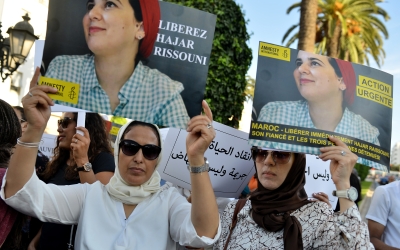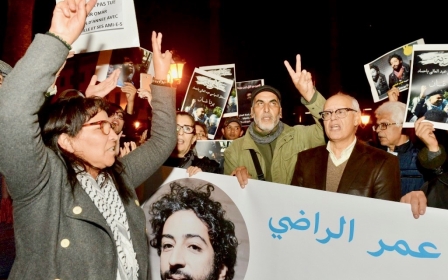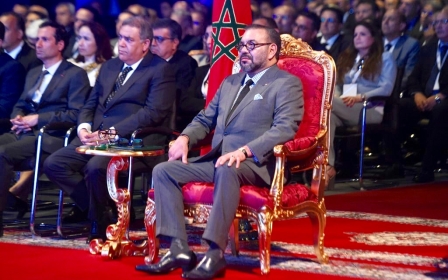Rights groups urge release of Moroccans imprisoned for social media posts

Morocco has prosecuted at least 10 people since September over social media posts expressing critical opinions, two rights groups said on Wednesday.
According to Human Rights Watch and the Moroccan Association for Human Rights, those facing trials include political activists, artists, and citizens who peacefully expressed critical opinions via social media posts or rap songs.
Some of them have spoken out against the wealth and lifestyle of King Mohammed VI, the groups said in a report.
The 10 men have faced a range of charges punishable under the country’s penal code with prison terms. The charges include showing a “lack of due respect for the king”, “defaming state institutions”, and “offending public officials”.
The report noted that none of the cases have been prosecuted under the press and publications law that governs offences related to violations of free speech. The law, unlike the penal code, does not punish offenders with prison terms.
Seven of the men referred to in the report are currently imprisoned, while three others are provisionally free.
“An increasing number of Moroccans are taking to social media to express bold political opinions, including about the king, as is their right,” said Ahmed Benchemsi, Middle East and North Africa communications director at Human Rights Watch. “As self-censorship erodes, the authorities have stepped in to frantically try to reinstate the red lines.”
The rights groups called for the immediate release of the detained men and dropping the charges against them.
One of the cases cited in the report is journalist and human rights activist Omar Radi, who was briefly detained on 26 December and charged with “insulting a civil servant” over a Twitter post criticising a judge for issuing lengthy prison verdicts against anti-government protesters.
Though Radi was released on bail on 31 December, he is still facing trial and could face up to a year in prison.
Two YouTubers were also sentenced to four and three years in prison for insulting the king.
One of them is Mohamed Sekkaki, administrator of the Moul Kaskita YouTube channel, who was arrested in November for satirical posts questioning the king about his wealth and spending.
Sekkaki was sentenced to four years in prison in December on charges of insulting the Moroccan people and the king.
Students Ayoub Mahfoud and Hamza Sabbaar, meanwhile, have been sentenced to three years in prison on similar charges over posting political songs on Facebook.
A government spokesperson has defended the crackdown as justified, saying “there is a difference between freedom of expression and opinion, and committing a crime sanctioned by the law”.
Middle East Eye delivers independent and unrivalled coverage and analysis of the Middle East, North Africa and beyond. To learn more about republishing this content and the associated fees, please fill out this form. More about MEE can be found here.





